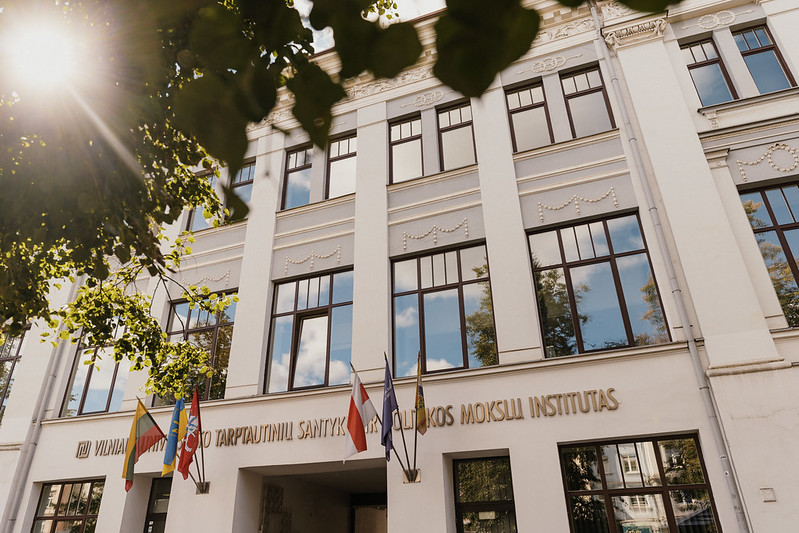Prestigious Journal “Political Studies” Publishes Work by VU IIRPS Affiliated Researcher

A new article by Gary Uzonyi – President of the American Political Science Association’s Human Rights Section, Associate Professor at the University of Strathclyde, and affiliated researcher at Vilnius University’s Institute of International Relations and Political Science (VU IIRPS) has been published in the prestigious journal “Political Studies”.
In his article, ‘Regional Group Democracy and Election to the United Nations Security Council’, G. Uzonyi examines a long-standing question in international politics: why are some states elected to the United Nations Security Council (UNSC) while others are not?
Although previous research has often dismissed the influence of democracy on UNSC elections, G. Uzonyi challenges this view by focusing on relative democracy within regional groups. As he explains:
“I undertook this research to solve the following puzzle: why would states routinely campaign on the strength of their democracy if it did not help them win these coveted seats? My broader goals were to better understand which states are elected to the UNSC and why, given the importance of this role in global politics.”
The study emphasises that democratic institutions may not guarantee election, but states with stronger democratic credentials than their regional peers enjoy a higher average likelihood of success. G. Uzonyi’s findings help make sense of recent UNSC outcomes:
“These findings seem to fit Latvia’s recent election to the UNSC. Latvia has stronger democratic institutions than many countries in the Eastern European Group. In this particular election that revolved around committing to multilateralism to promote peace against the backdrop of wars in Palestine and Ukraine, Latvia originally faced competition for the seat from Montenegro, which possessed weaker democratic institutions and had to drop out early.”
The article also sheds light on why states pursue UNSC membership, noting a range of motivations:
“States want to be elected to the UN Security Council for various reasons. Some want a say on matters related to international security, some want prestige, and others want the increased diplomatic attention that comes from holding these seats.”
G. Uzonyi’s work underscores the importance of regional context. Regions differ in how UNSC seats are allocated—some follow rotation norms, while others hold open elections that favour larger or wealthier countries. Within these dynamics, campaign strategies and the relative strength of democratic institutions become critical.
The study’s significance extends beyond academic theory. As G. Uzonyi notes:
“For policymakers, this means crafting a message that considers your advantages for serving the other UN members relative to other challengers… It is a reminder that peace is still possible and often the preferred solution. Highlighting how a country can contribute to peace can make them an attractive partner for other countries.”